
Our very existence dispels this myth. The 35 Ugandan families who we have helped to adopt a child as well as the overwhelming response and support we have received from Ugandan families is proof enough. We however do consider foreign nationals who have been in the country for 3 years or more as legally they are considered as Ugandan residents.
2. Adoption is expensive
Some prospective parents mistakenly believe that it is costly and therefore only attainable for the rich. In fact, we charge no fee for our involvement in and facilitation of the adoption process. Our goal is that every child is placed in a loving and secure family. Although we charge no fees, however, there may be charges incurred through third party agencies including Probation Officer and other legal professionals, covering transport, interview time, and paper work/official certification. If you have any concerns, our social work team is able to offer guidance when it comes to any additional costs.
3. Adoption is a lengthy process
Some parents have come to us expecting to be given children as soon as possible. While we always aim to resettle children quickly, it is important we follow a thorough process. This includes an initial assessment, appearing before an adoption panel as well as spending time to bond with the child they will eventually adopt. We always advise our parents to look at the period leading up to the adoption as the “pregnancy” period. Just like it takes a mother nine months to carry a baby to term prospective parents should be willing to wait for these special children. This waiting period actually makes the experience extra special.
4. Only married couples can adopt
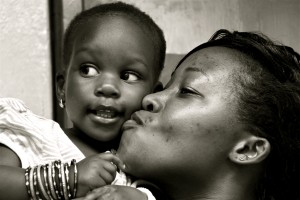
Single people who are Ugandan residents can apply to adopt, as long as they are 25 or older. Single parents will be matched with children of the same sex, for example, a single Mother will be matched with a baby girl and vice versa. It is important the home you plan to share with your child is stable, that you have a strong family network as well as a stable source of income or job. For more information on the adoption requirements see: https://ugandansadopt.ug/faq/
5. Adoptees can’t learn anything about their biological families until they are 18
Once your child is secure in your care you should let them know they have been adopted into your family. You may also wish to talk through some of the issues around their particular background if this is appropriate. Tackling the issues can sometimes seem daunting but it is better that the child grows up regarding adoption as an act of love instead of being told by someone else when it may come as a greater shock. Our social workers can help and advise you on the best ways to talk to your child about their origins and help them understand what adoption means
6. All adoptees will have emotional or developmental problem
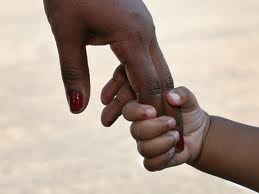
There are some cultural perceptions surrounding children in the orphanages or children’s homes. There is no guarantee that a child from an orphanage or babies’ home will turn out problematic. How the family nurtures, loves and brings up this child will determine how normal and healthy this child is. Research actually suggests that development outcomes for most adopted children are similar to that of children in the general population. That is, adoptees do not show a high incidence of problems either in childhood or later in life. In some instances they turn out have a high self-esteem compared to their peers because of growing up in a stable and loving family.
We strongly believe that Ugandan Children belong with Ugandan families. It is important that our children grow up secure in their identity and traditions. To find out more about how you can join us please send an email to [email protected] or call us on 0791777319
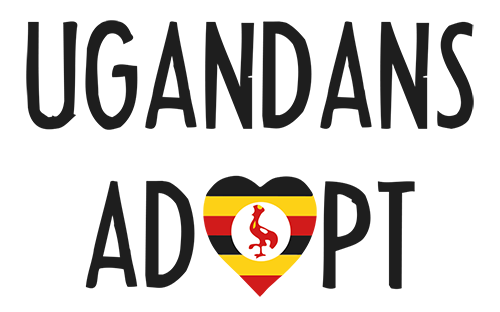



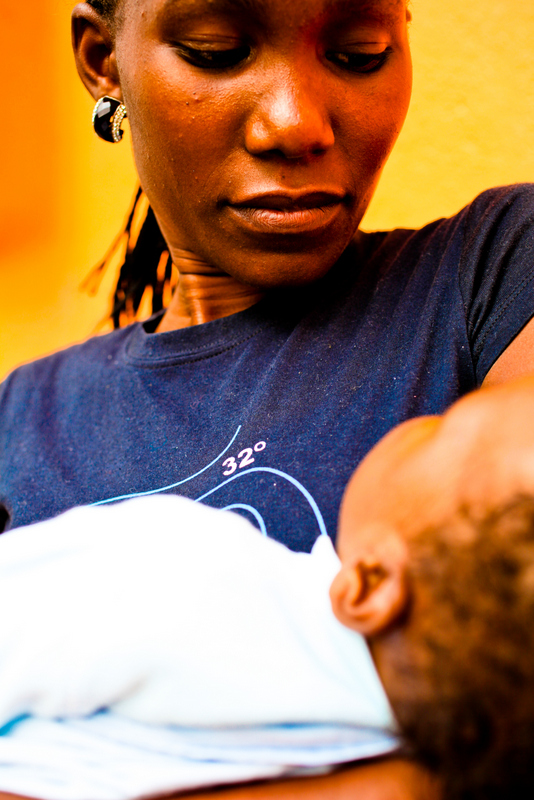
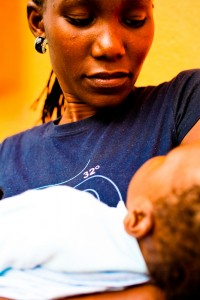


 We also produced a television advert to run on NTV, featuring family support worker Lydia and her family. Lydia has adopted her two youngest children, and the whole family got involved in the filming of our advert, with the youngest two boys fascinated by our camera equipment!
We also produced a television advert to run on NTV, featuring family support worker Lydia and her family. Lydia has adopted her two youngest children, and the whole family got involved in the filming of our advert, with the youngest two boys fascinated by our camera equipment!


